Nutrition and mental health go hand in hand. In this post, you'll find the foods that worsen depression and foods that help improve depression symptoms.
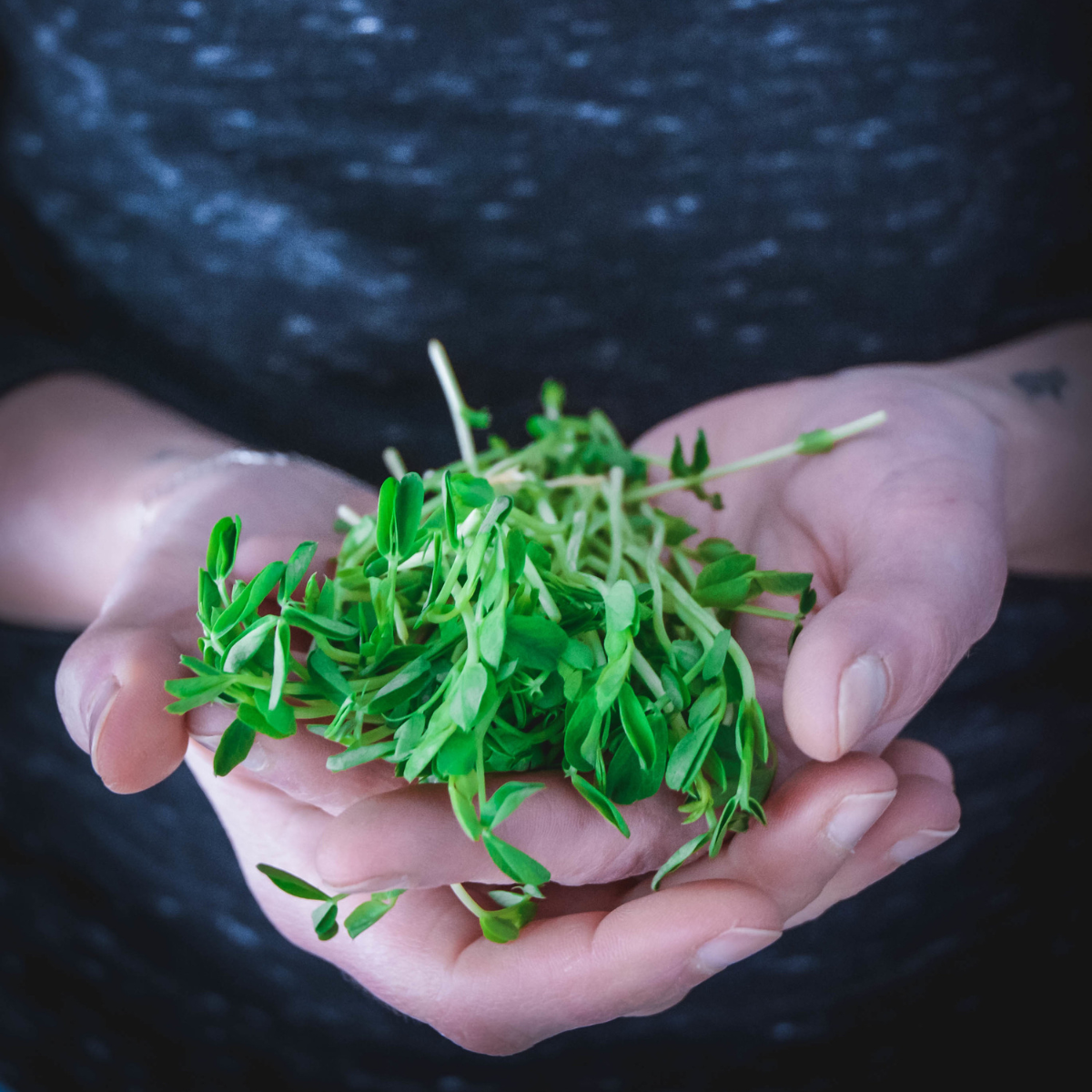
Very few people think of depression as a gut issue. Depression is typically linked to being a chemical imbalance in the brain. But understanding how the foods we eat affect our moods and general disposition can have a life changing impact on our every day.
It’s not at all surprising that over 16 million people in the US struggle with depression. And those who are diagnosed with depression, also turn out to suffer from an anxiety related disorder. I’ve written an in-depth post last year about anxiety and depression, and the stigma surrounding mental health as well as some practical tips to reduce both. You can check out the post here.
I’d also like to mention that depression looks different for everyone and it isn’t always what people see depicted on drug ads. It isn’t always that person lying in bed, with the distant, sad face. Depression can manifest in many ways.
Symptoms of depression
-
poor sleep
-
anger
-
pain that doesn’t go away
-
irritability
-
trouble concentrating
-
loss of appetite
-
loss in interest in previously enjoyed activities
But today I wanted to approach depression from a nutrition standpoint and talk about what foods can reduce or increase symptoms of depression. Most people don’t think about how the snickers bar they are about to eat could impact their depression (beyond the initial sugar rush). This is because most wouldn’t think to question how the food they are eating is affecting their mind.
What foods worsen depression symptoms
-
Gluten - You may or may not know this but gluten causes an inflammatory response in everyone. And inflammation is one of the main causes of depression. Whether the inflammatory response manifests itself in obvious ways depends on the individual. If you want additional information on the benefits of going gluten free, check out this post.
-
Dairy - The same way that proteins in gluten can cause sensitivity and inflammation in certain individuals, so can casein, which is the predominant protein. Most people have some sort of sensitivity to processed dairy.
-
Sugar - No one likes to hear this one because everyone loves sugar. Just think how most of us are brought up. Cakes for birthdays, special treats, ice cream, cotton candy (my weakness as a child). Sugar in its refined form is a fairly new phenomenon. Our ancestors would have to work pretty hard to find the amount of sugar in nature that we consume on daily basis. The trouble is, the more sugar we eat, the more sugar we crave and until we meet that craving, we are irritable, anxious and depressed. And consuming sugar on a regular basis, keeps us in this loop.
-
Processed foods: They’re convenient, cheap and taste so very good because they are designed to. They’re also designed to be highly addictive and keep us going back for more. Most processed foods are generally packed with hydrogenated oils, contain pesticides and all 3 of the above mentioned.
-
Refined carbohydrates: Consuming high carb foods made primarily from white flour can have the same effect as sugar, as those carbohydrates convert to sugar, causing insulin to spike. Foods like white bread, pasta, pretzels, etc that increase the Glycemic Index (GI) have shown to increase the incidence of depression.
The gut-brain connection and depression
When we think of depression, we think of a brain imbalance but not considering that it could actually be a second brain imbalance. The gut, is called the second brain for a reason as 90% of the body’s serotonin is produced in the GI tract. And one of the simplest ways to improve our microbiome, is to reduce the foods listed above. Another is to incorporate foods that increase serotonin and help to heal our guts. So here are the best foods we can eat to keep our first and second brain healthy.
Best foods for lowering depression
-
Dark leafy greens - Greens such as spinach, Swiss chard and kale are some of the most powerful foods as they are directly linked to reduced inflammation in the body and brain. This study looks at the impact of inflammation on MDD (major depressive disorder).
-
Foods high in Omega 3 Fatty acids - While Omega 3s are not stand alone treatment for depression, research is looking closely at the relation between the two. Omega 3s are not naturally occurring in the body and are only available through food and supplementation. Foods such as walnuts, sardines, salmon, mackerel and chia seeds are some of the highest omega 3 foods. You can find a complete list of foods and a comprehensive post on omega 3s, here.
-
Fermented foods - Fermented foods have been part of traditional cultures for ages and the link between a healthy mirocbiome and mental health disorders is indisputable. Fermented foods are rich in probiotics which can have a positive impact on anxiety, depression and mood. If you want a simple guide to making simple probiotic rich fermented foods, check out these simple recipes for sauerkraut, simple fermented vegetables and fermented vegetable medley.
-
Berries - There is growing evidence that increasing antioxidant rich foods can have an impact on mental health. Several studies are currently exploring the connection between oxidative stress and anxiety and depression. Though I’ve read through about 7 studies, I wasn’t able to find conclusive evidence. This study, however, looks closely at the relationship and the methods and questions proposed, are going to take us one step closer to figuring out the direct connection between depression and antioxidants. Meanwhile, you have nothing to lose but try it for yourself so eat those berries!
-
Dark chocolate - I was very happy to read that dark chocolate plays a role in improving mood. Cocoa contains compounds called polyphenols, which bring on a feeling of calm and can help to elevate mood. Just remember, the darker the chocolate, the higher the polyphenols. Milk chocolate is not a good candidate for this.
-
Green tea - Though green tea is known for its antioxidant power, it’s actually the amino-acid theanine that has a positive effect on mood and focus. One of the symptoms of depression is an inability to focus so consuming green tea on a regular basis could have a significant impact on mood and focus. Additionally, green tea is rich in polyphenols which can increase the availability of dopamine (the feel good chemical in the brain).
-
Turmeric - The compound curcumin found in turmeric has been of great interest and heavily studied in recent years. This review found that several studies concluded that curcumin is well tolerated and helps to reduce depressive symptoms.
While I don’t suggest that anyone stop taking their anti-depressants, I think it’s important to consider how the foods we put into our bodies impact our mood and general well-being as well.

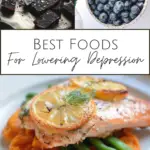
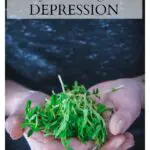
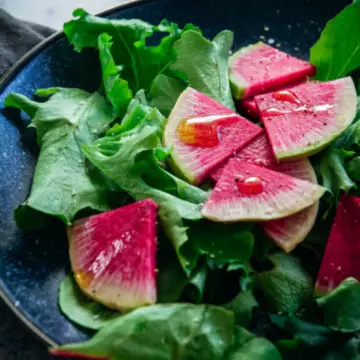

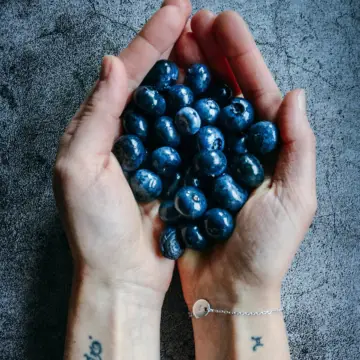
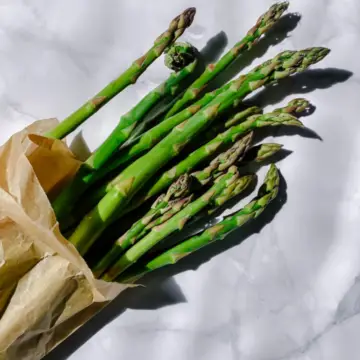

Counseling Help
Great blog ! I am impressed with suggestions of author.
Daniela Modesto
Thank you so much for your kind words! I really appreciate that!